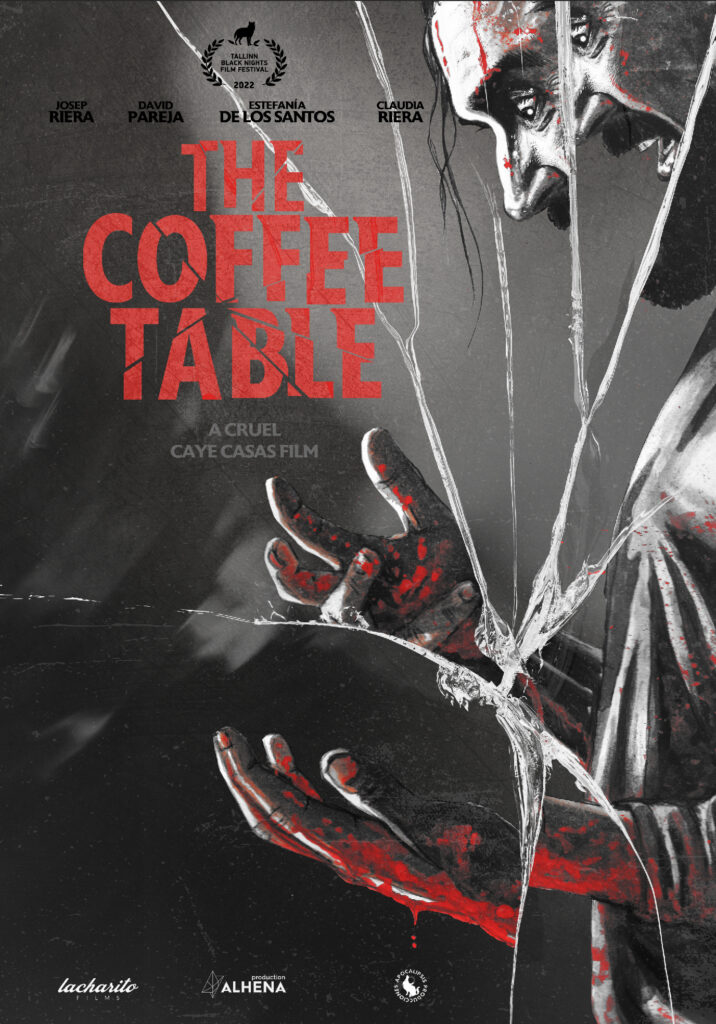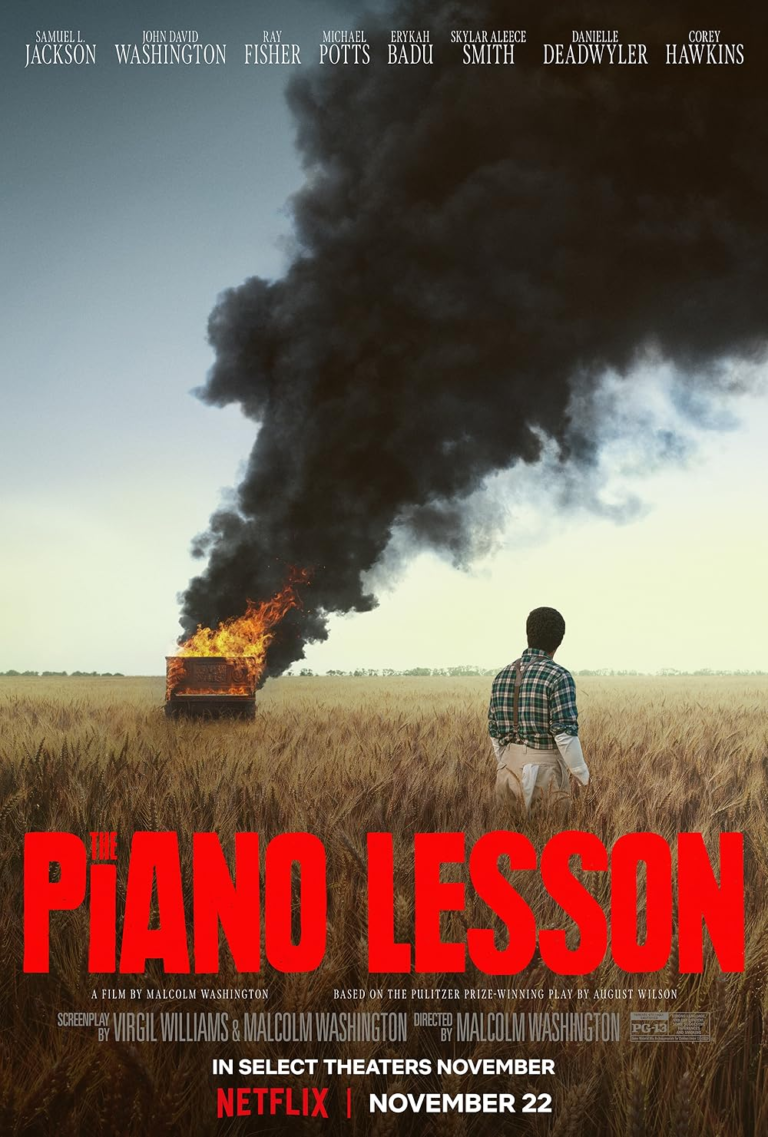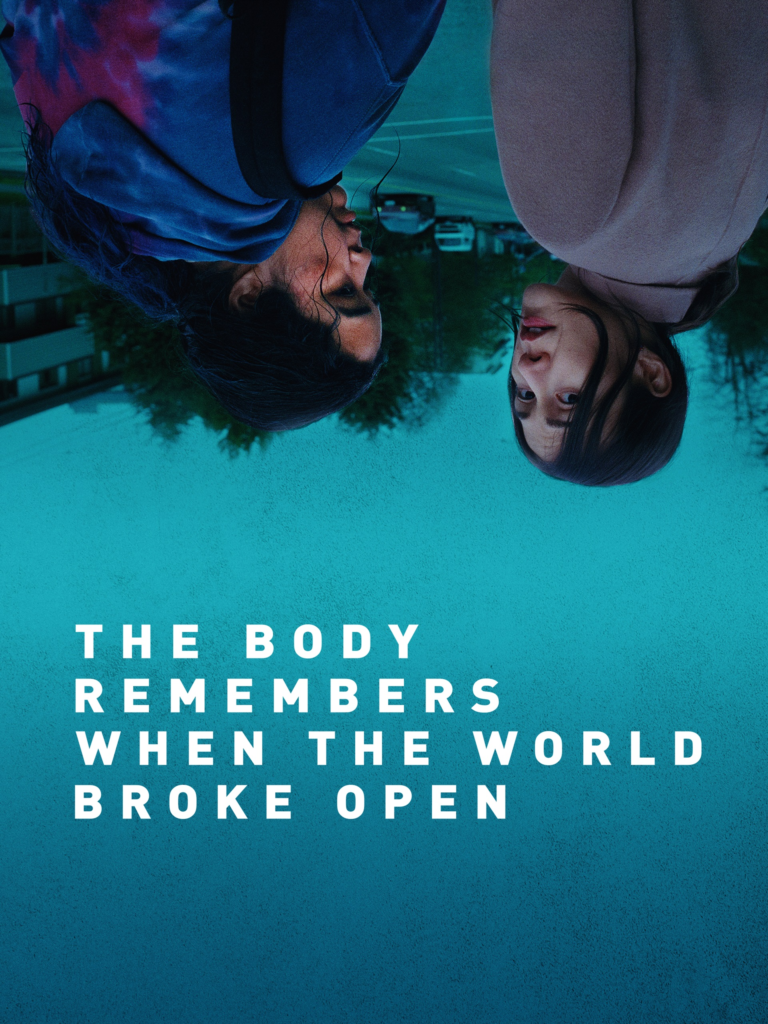The Coffee Table Christian Review

In the heart of every home lies a story, and in Caye Casas’s “The Coffee Table,” that story unfolds with raw intensity. It’s not just about furniture; it’s about the complexities of relationships and the unexpected turns life can take.
A Tale of Choices and Consequences
Jesús and María, a young couple navigating the joys and challenges of parenthood, find themselves at a crossroads in their relationship. Amidst the excitement of a new baby and a fresh start in a new home, tensions simmer beneath the surface. María, portrayed by Estefanía de los Santos, takes charge in many aspects of their life, leaving Jesús, played by David Pareja, feeling sidelined and eager to assert his own independence.
The decision to buy a coffee table becomes a metaphorical battleground. Jesús sees it as an opportunity to make a statement, to carve out a space where his voice matters. Little do they know, this seemingly trivial choice will unravel their carefully constructed world.
Themes of Pride and Redemption
For Christians, the themes of pride and redemption resonate deeply. Jesús’s insistence on choosing a flashy, ostentatious coffee table reflects his desire to assert himself. It’s a reminder of the dangers of pride, how it can blind us to the needs and perspectives of those we love. María’s dominance in decision-making mirrors a different kind of pride, one that can stifle communication and breed resentment.
As the narrative unfolds, we witness the consequences of their choices. The once hopeful atmosphere of their new home turns tense and suffocating. The coffee table, symbolizing Jesús’s attempt to assert control, becomes a catalyst for discord and regret.
Exploring Human Frailty and Grace
“The Coffee Table” challenges viewers to confront human frailty. Through Jesús and María’s journey, we see how easily relationships can fracture under the weight of pride and miscommunication. It’s a stark portrayal of the brokenness inherent in human nature, a reminder that we are all susceptible to making choices that lead us astray.
Yet, amidst the darkness, there are glimpses of grace. The film doesn’t shy away from the ugliness of conflict and regret, but it also offers moments of introspection and potential for reconciliation. Jesús’s journey, in particular, echoes the Christian narrative of repentance and redemption. His realization of the consequences of his actions and his struggle to make amends speak to the universal need for forgiveness and grace.

Cinematic and Emotional Impact
Casas’s direction imbues “The Coffee Table” with a visceral emotional impact. The close-knit cinematography and intense performances draw viewers into the characters’ turmoil. We feel Jesús’s desperation and María’s frustration as their world unravels around them. It’s a testament to the power of storytelling to evoke empathy and reflection.
The film’s visual style, characterized by saturated colors and intimate framing, enhances its thematic depth. Every frame is steeped in emotion, every scene charged with tension. It’s an immersive experience that challenges viewers to confront their own relationships and choices.
Conclusion: Reflections and Takeaways
In conclusion, “The Coffee Table” is not just a film about a piece of furniture; it’s a profound exploration of human relationships and the quest for redemption. For Christian viewers, it serves as a poignant reminder of the importance of humility, forgiveness, and grace in navigating the complexities of life and love.
While the film’s dark themes and intense emotions may not appeal to everyone, its exploration of pride, regret, and the potential for renewal resonates on a deeply human level. Jesús and María’s journey is a mirror held up to our own struggles and shortcomings, urging us to consider the impact of our choices on those we hold dear.
Ultimately, “The Coffee Table” challenges us to look beyond the surface, to see the hidden tensions and vulnerabilities in our relationships, and to embrace the transformative power of humility and forgiveness. It’s a film that lingers in the mind long after the credits roll, inviting us to reflect on our own journey towards grace and redemption.





